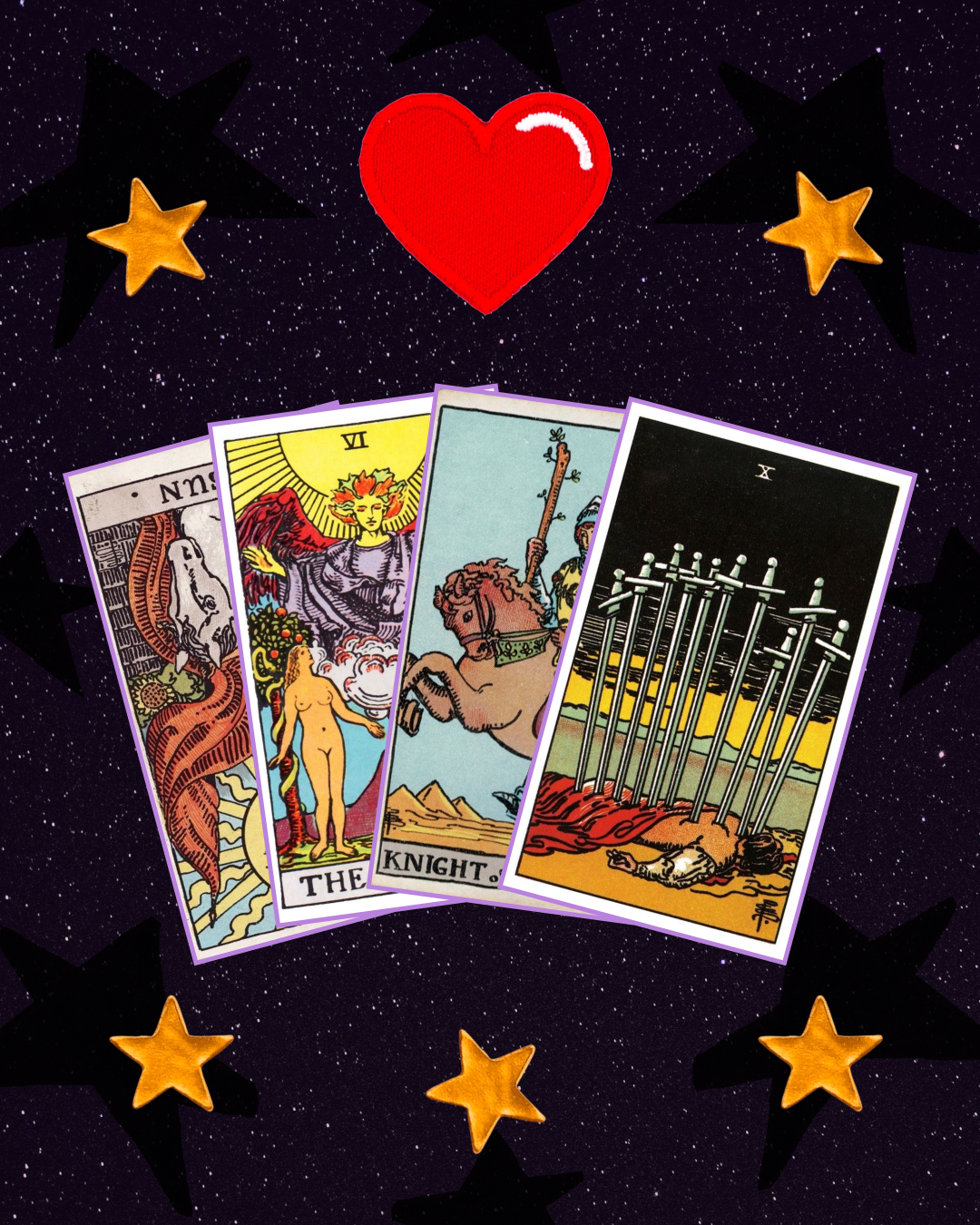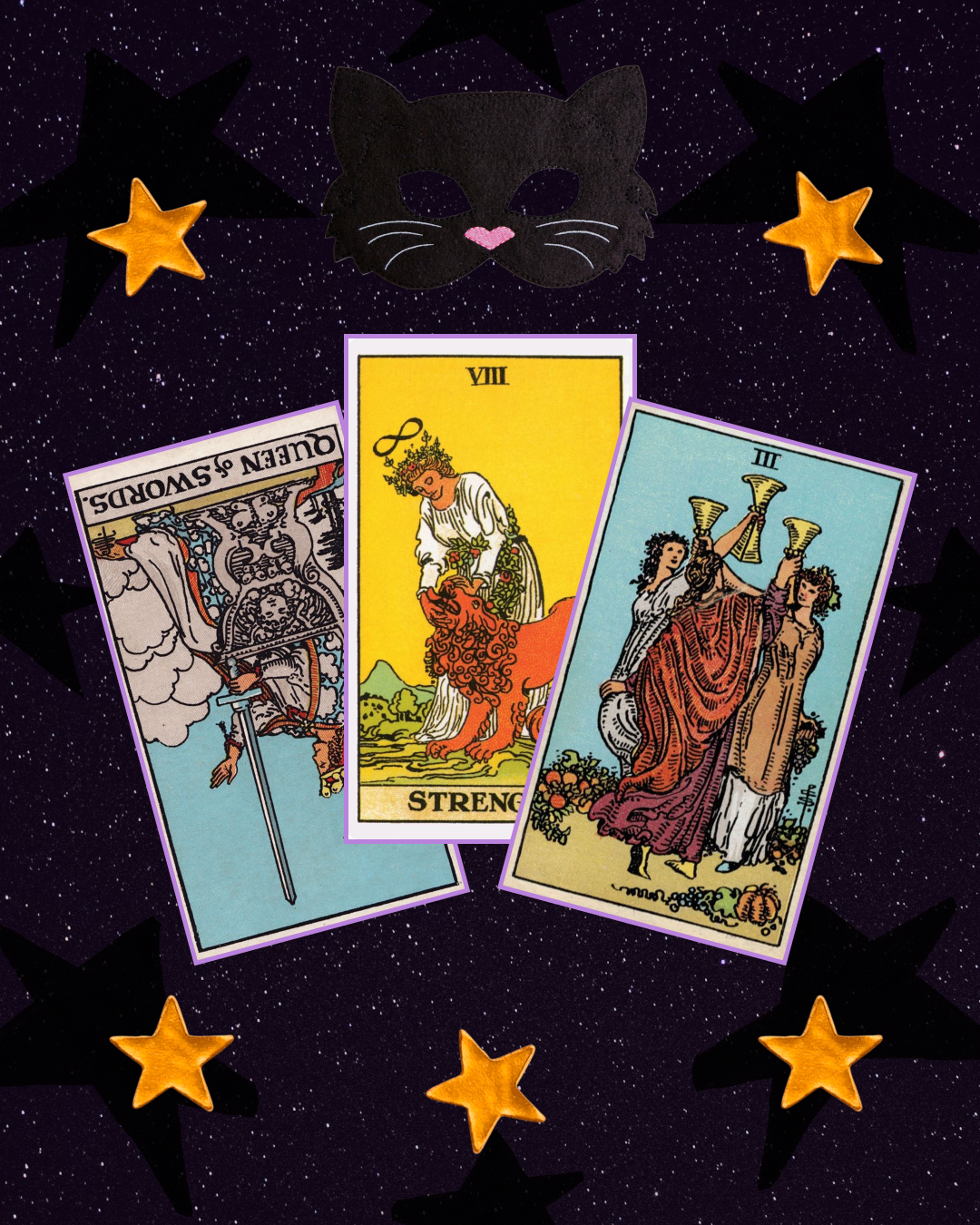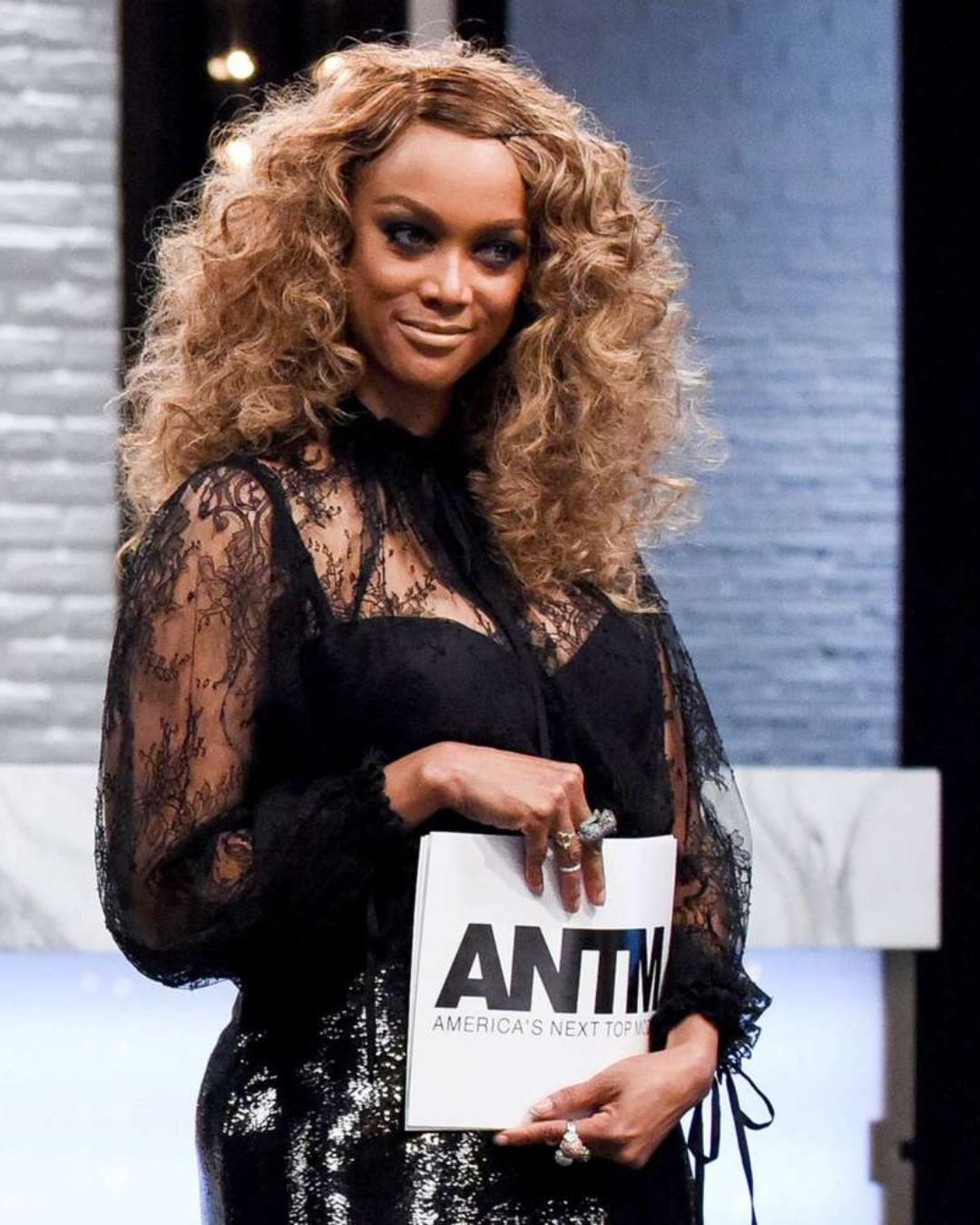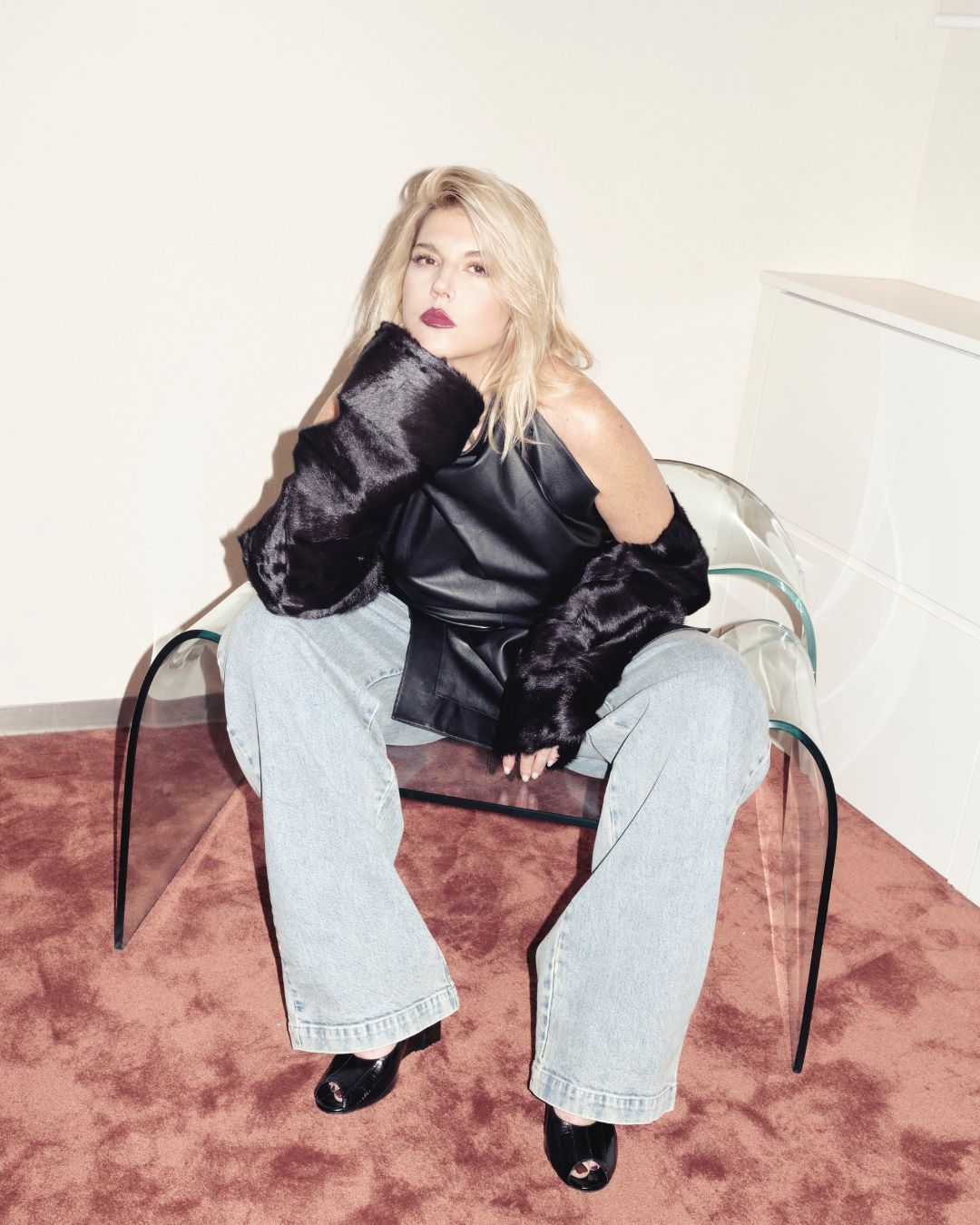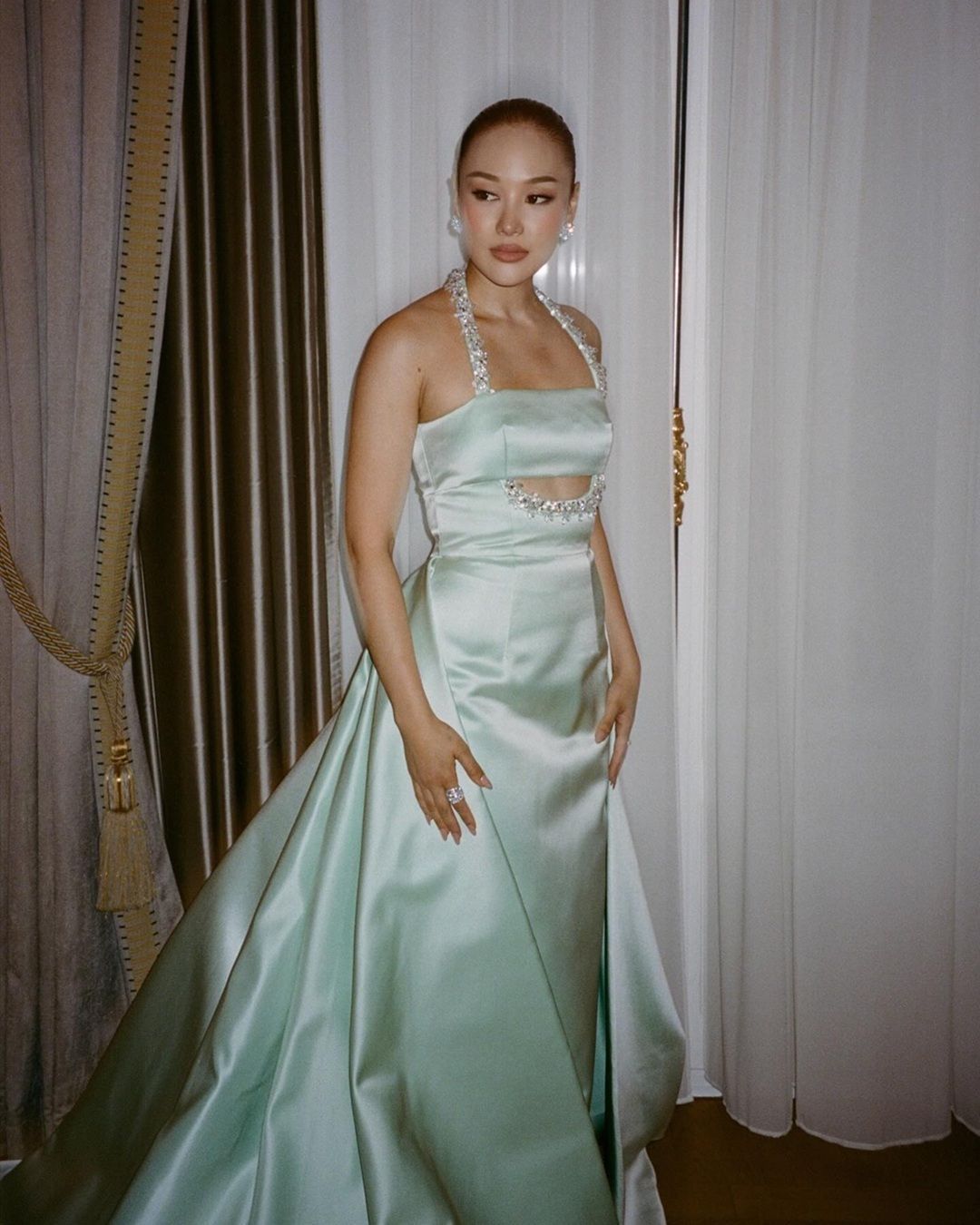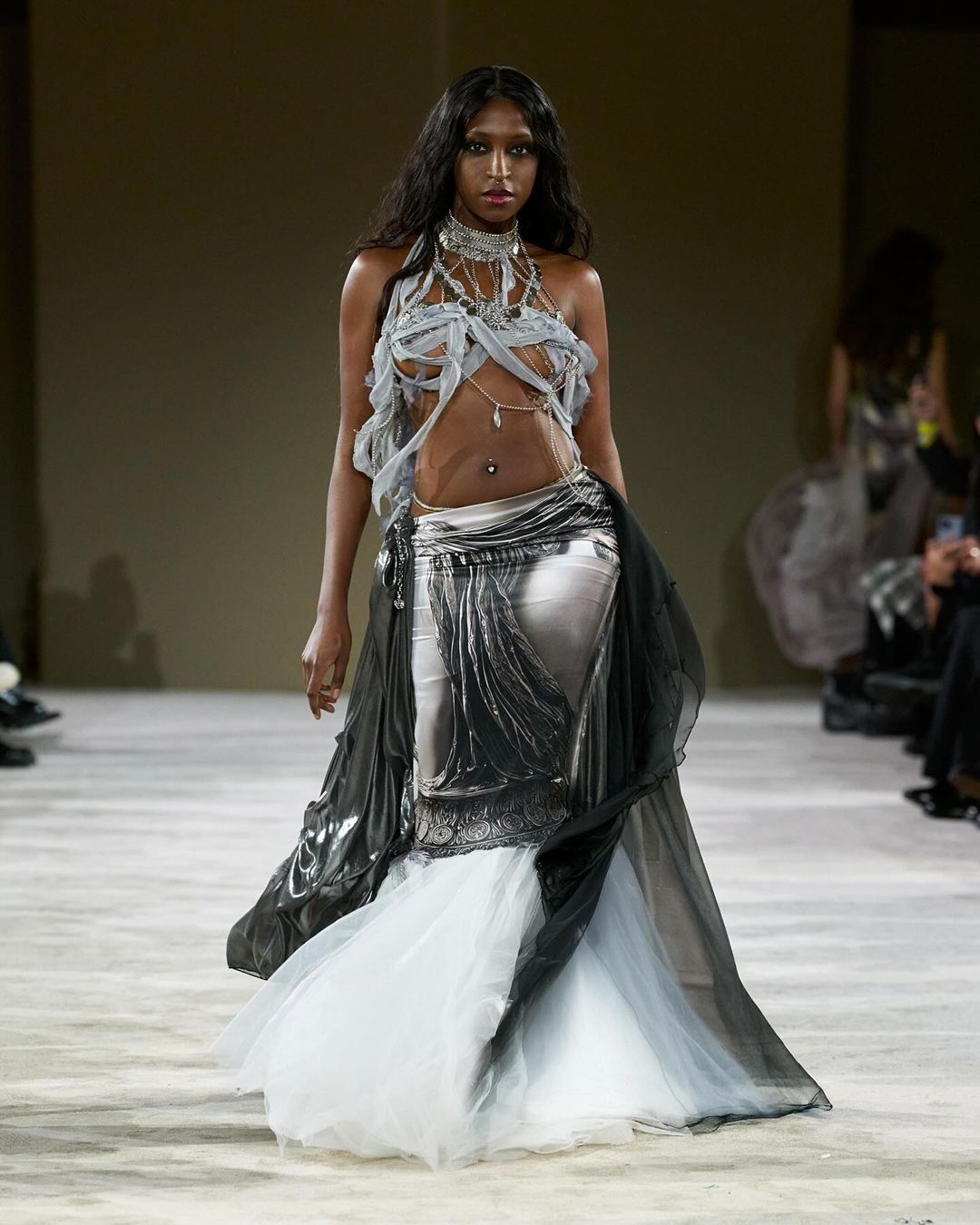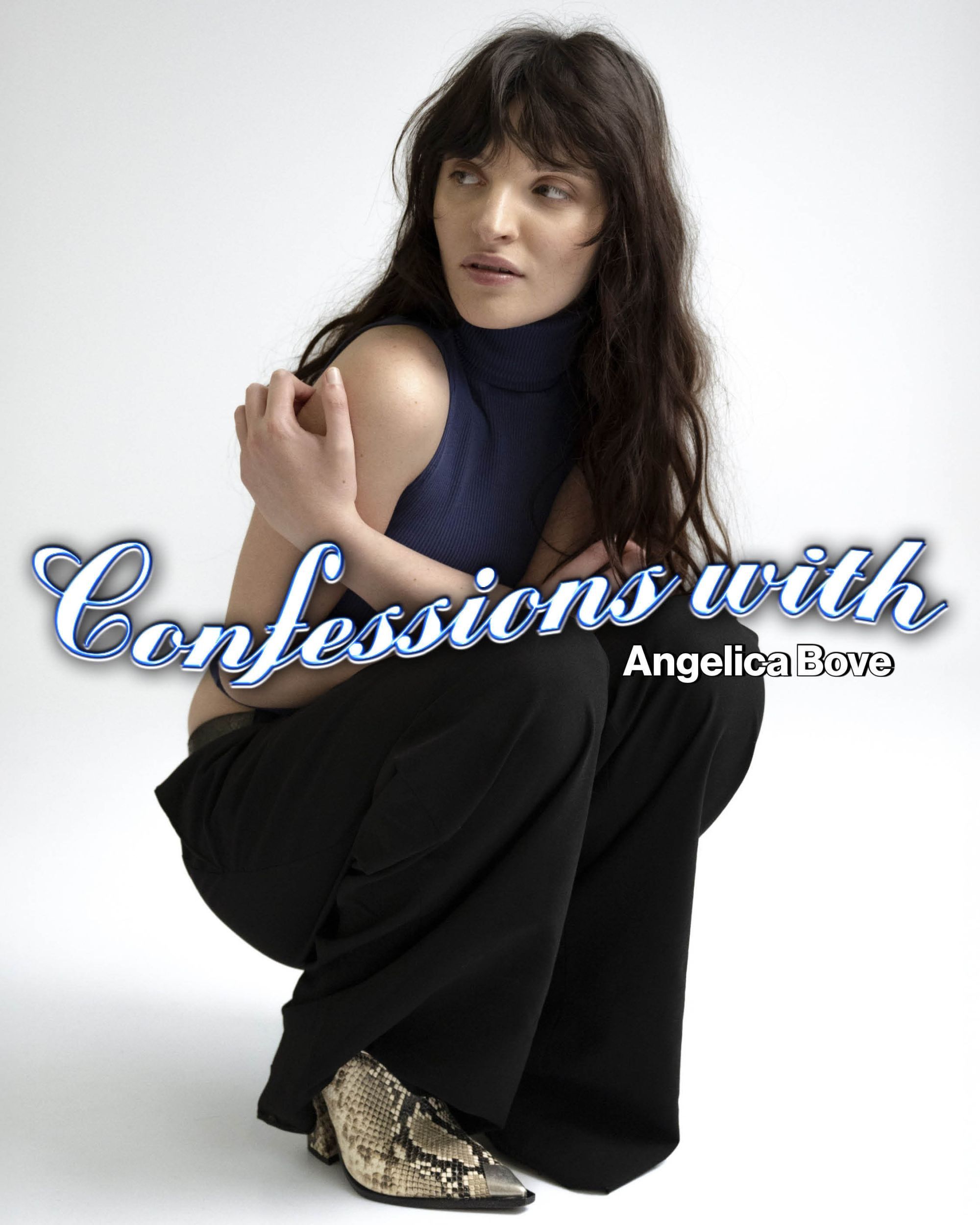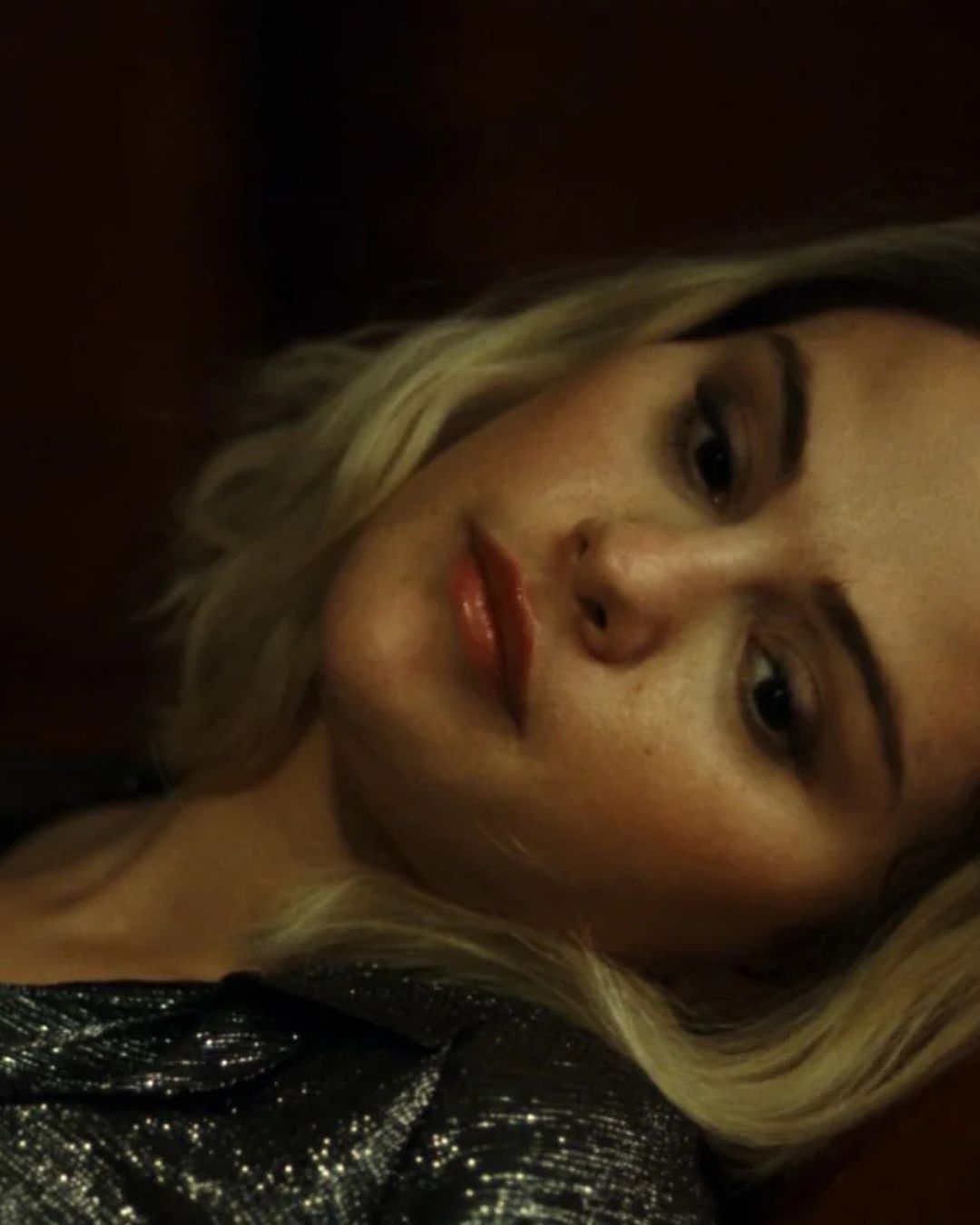
No, Millie Bobby Brown doesn't have to apologize for growing up Actress responds to criticism about her appearance, “This is not journalism. This is bullying.”
Millie Bobby Brown has been acting since she was a child. At just 12 years old, she rose to fame as Eleven in Stranger Things. In the minds of many fans, she remains that innocent girl with a shaved head and '80s-style outfits. However, the American actress has grown up. She has starred in other films, launched a beauty brand—Florence by Mills—fallen in love, and married Jake Bongiovi. She has also changed her look multiple times, going from brunette to platinum blonde, from jeans to evening gowns. But here lies the issue: how dare Millie change, behave like an adult, and even embrace her body with playful and joyful sensuality, breaking free from the innocent image the public had of her? Social media and magazines are filled with negative comments about her life choices, her looks, her makeup, daring necklines, body, and hair. The most common criticism is that she looks much older than her actual age: "I literally had to double-check if she was 21 and not 40," "She looks older than ever!", "She looks like my mother" and so on.
Facing the Backlash and Speaking Out
In recent weeks, a new look reminiscent of Pamela Anderson and Britney Spears has intensified the haters’ criticism. The negativity has reached such a peak that Millie decided to address the issue through a video on her Instagram profile. "I want to take a moment to address something that I think is bigger than just me, something that affects every young woman who grows up under public scrutiny. I think it’s necessary to speak up about this. I started in this industry when I was ten years old. I grew up in front of the world, and for some reason, people can’t seem to grow with me. Instead, they act like I’m supposed to stay frozen in time, like I should still look like I did on Stranger Things Season 1. And because I don’t, I’m now a target."
Calling Out the Media’s Role in Toxicity
This is how the actress began her long speech, continuing by citing recent American press articles with headlines such as "Why Are Gen Z Stars Like Millie Bobby Brown Aging So Badly?" and "What Has Millie Bobby Brown Done to Her Face?". "This is not journalism. This is bullying," Millie stated unequivocally. "The fact that grown-up writers spend their time dissecting my face, my body, my choices—it’s disturbing. The fact that some of these articles are written by women? Even worse. People always talk about supporting and uplifting young women, but when the time comes, it seems easier to tear them down for clicks."
Embracing Growth Without Apologies
Despite being constantly scrutinized since childhood, Millie has learned that, while certain words may hurt, they are ultimately empty, pointless, and unwarranted. Society cannot seem to stop voicing opinions on other people’s bodies—especially when they belong to public figures. One day they’re too thin, the next too fat, too revealing, too covered up, wearing too much make-up, or not enough. But Millie has grown. She wants to experiment, to live, and to present herself as she pleases. And she has every right to do so without a constant backdrop of malice and unsolicited opinions. "People who are disappointed can’t stand to see a girl becoming a woman on her own terms instead of theirs. I refuse to apologize for growing up. I refuse to hold myself back to meet the unrealistic expectations of those who can’t accept a girl turning into a woman. I will not be ashamed of who I am, how I dress, or how I present myself," she declared with courage.
The Obsession with Other People's Bodies
We are obsessed with other people’s bodies. But we can do better. Millie hopes so too, as she concludes her video by urging everyone to reflect on why we continue to behave this way and to evolve: "We have become a society where it is much easier to criticize than to give a compliment. Why is the instinctive reaction to say something horrible rather than something kind? - That is another issue. - If this is a problem for you, I ask: what is it that makes you so uncomfortable? Let’s do better. Not just for me, but for every young girl who deserves to grow up without fear of being torn apart simply for existing."








